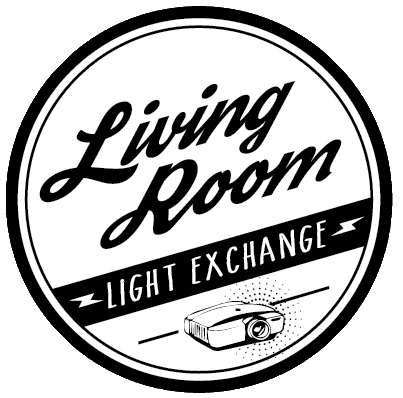About
The Living Room Light Exchange (LRLX) is a monthly salon dedicated to new media art forms and dialogues that meets in rotating living rooms. In each ‘season’ of LRLX, we hold monthly salons where we curate three artists or cultural producers who present recent work. Engaged discussions and dialogue with attendees follows.
LRLX was founded in 2014 to delve more deeply into the intersection of art and technology, highlighting current creative undertakings, unanswered questions, and the ways artistic practice can challenge a changing technological world. This work is particularly essential in the Bay Area—the heart of tech industry—where technology and art are more often united as the more superficial ‘techno-fetishism’. As an organization, we are dedicated to the interconnections between arts and humanities, and foreground dialogues facilitated by curators, art writers, artists, professors, and scholars—all of whom we consider to be humanities practitioners.
We meet in living rooms out of a founding belief that artists need spaces to disrupt the formality of the lecture hall, speak freely, and emphasize the vibrant flourishing of process. LRLX emphasizes inclusion and access to expand ethical concerns at the intersection of art and technology. We focus on programming historically marginalized and intersectional voices to amplify the historical absence of such perspectives.
LRLX San Francisco Bay Area was founded in 2014 by Liat Berdugo and Elia Vargas. Each exchange is currently curated by a guest curatorial team. Email livingroomlightexchange@gmail.com to be added to its mailing list.
LRLX New York was founded in 2016 by Jason Huff and Nicholas O’Brien. It is currently curated by Sarah Burke and Nicholas O’Brien. Email lrlxny@gmail.com to be added to its mailing list.
LRLX has previously been organized in other locations, too.
LRLX has received grants from Southern Exposure's Alternative Exposure Grant Program, the Clorox Foundation, The Zellerbach Family Foundation, the Center for Cultural Innovation, and private donors, and is fiscally sponsored by the Gray Area Foundation for the Arts. The main source of our financial support comes from you, our community.

